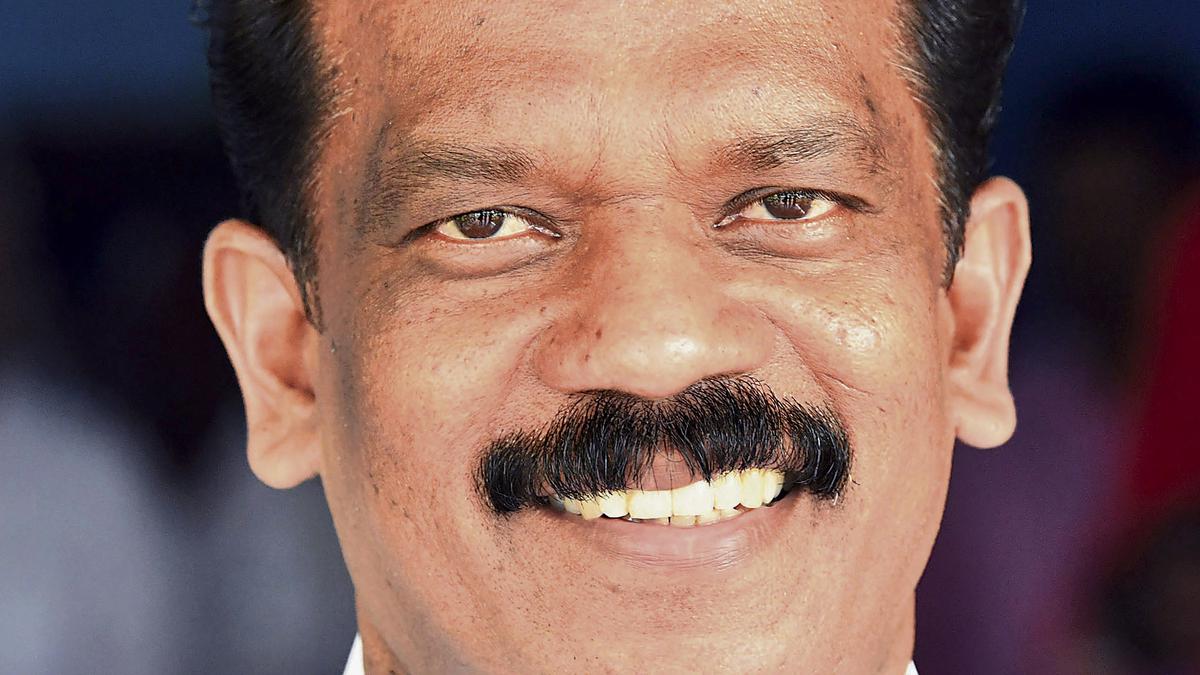
Kerala government bats for merit and reservation-based postings via PSC in aided schools, colleges run by private management
The Hindu
Kerala’s Minister for Welfare of Scheduled Castes, Scheduled Tribes and Backward Classes K. Radhakrishnan has said government-aided schools and colleges controlled by private managements practised “an unspoken form of untouchability” in teaching and non-teaching staff appointments. Radhakrishnan said the government has demanded that the Supreme Court empower the State Public Service Commission (PSC) to appoint teaching and non-teaching staff in government-aided schools and colleges based on merit and by following the rules of reservation for SC/ST and backward class communities
Kerala’s Minister for Welfare of Scheduled Castes, Scheduled Tribes and Backward Classes K. Radhakrishnan has said government-aided schools and colleges controlled by private managements practised “an unspoken form of untouchability” in teaching and non-teaching staff appointments.
Replying to a calling attention motion moved by Congress legislator A.P. Anil Kumar in the Kerala Assembly on February 13 (Tuesday), Mr. Radhakrishnan said the State government had moved a special leave petition (SLP) in the Supreme Court to redeem the social unfairness.
Mr. Radhakrishnan said the government has demanded that the Supreme Court empower the State Public Service Commission (PSC) to appoint teaching and non-teaching staff in government-aided schools and colleges based on merit and by following the rules of reservation for SC/ST and backward class communities.
He said the existing appointment policy of aided school and college managements discriminated heavily against SC/ST communities. SC/ST employment in such institutions was less than 0.5%.
Mr. Radhakrishnan said an estimated 8,332 aided schools and colleges employ roughly 1.22 lakh teaching and non-teaching staff. The government paid their salaries, an estimated 14% of the State’s revenue receipt.
Hence, Mr. Radhakrishnan said, the Left Democratic Front (LDF) government has moved decisively to implement affirmative action in government-aided educational institutions run by private management via the PSC.
However, private management stymied the move by securing a favourable order from the High Court. The government has challenged the order in the Supreme Court. He said the outcome of the SLP would inform the government’s policy.

The Karnataka government has drafted a comprehensive master plan for the integrated development of Kukke Subrahmanya temple, the State’s highest revenue-generating temple managed by the Hindu Religious Institutions and Charitable Endowments Department. The redevelopment initiative is estimated to cost around ₹254 crore and aims to enhance infrastructure and facilities for devotees.












